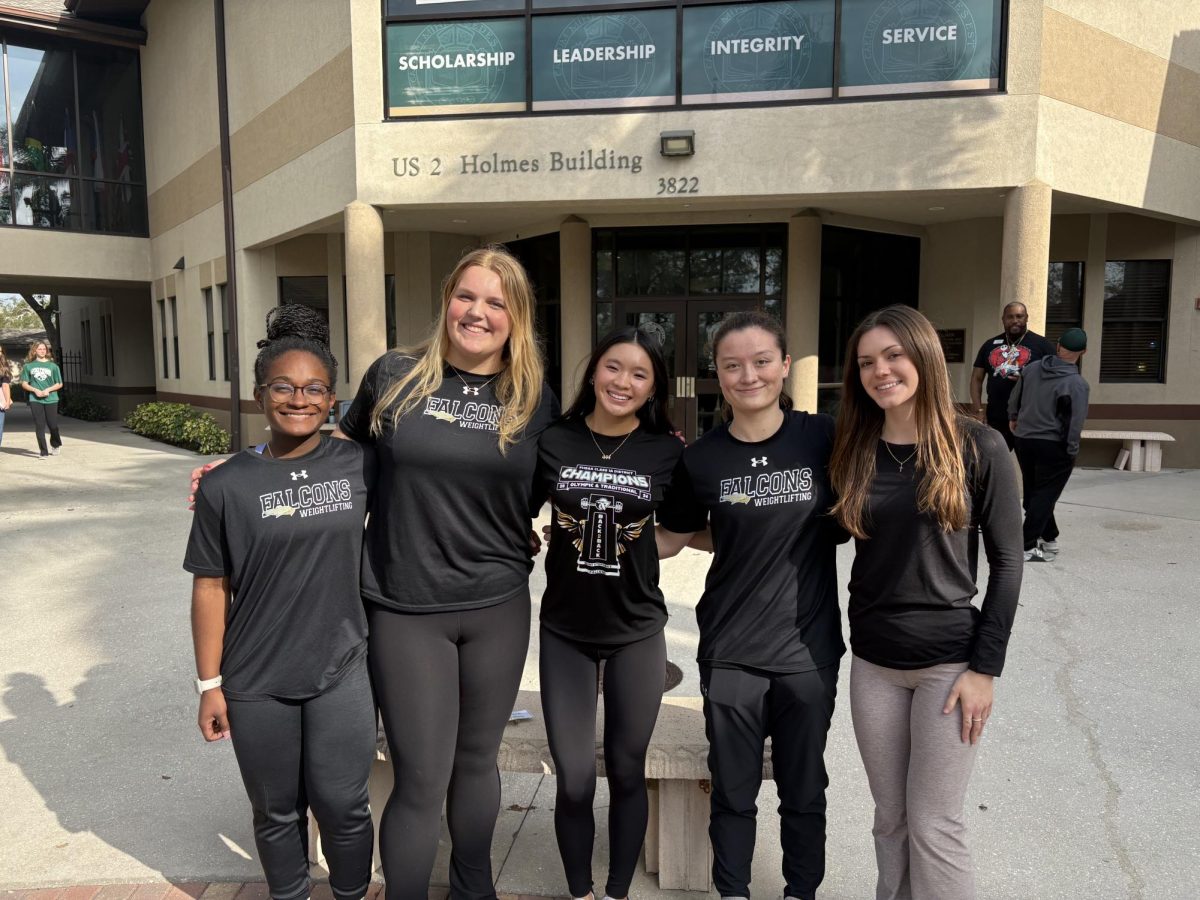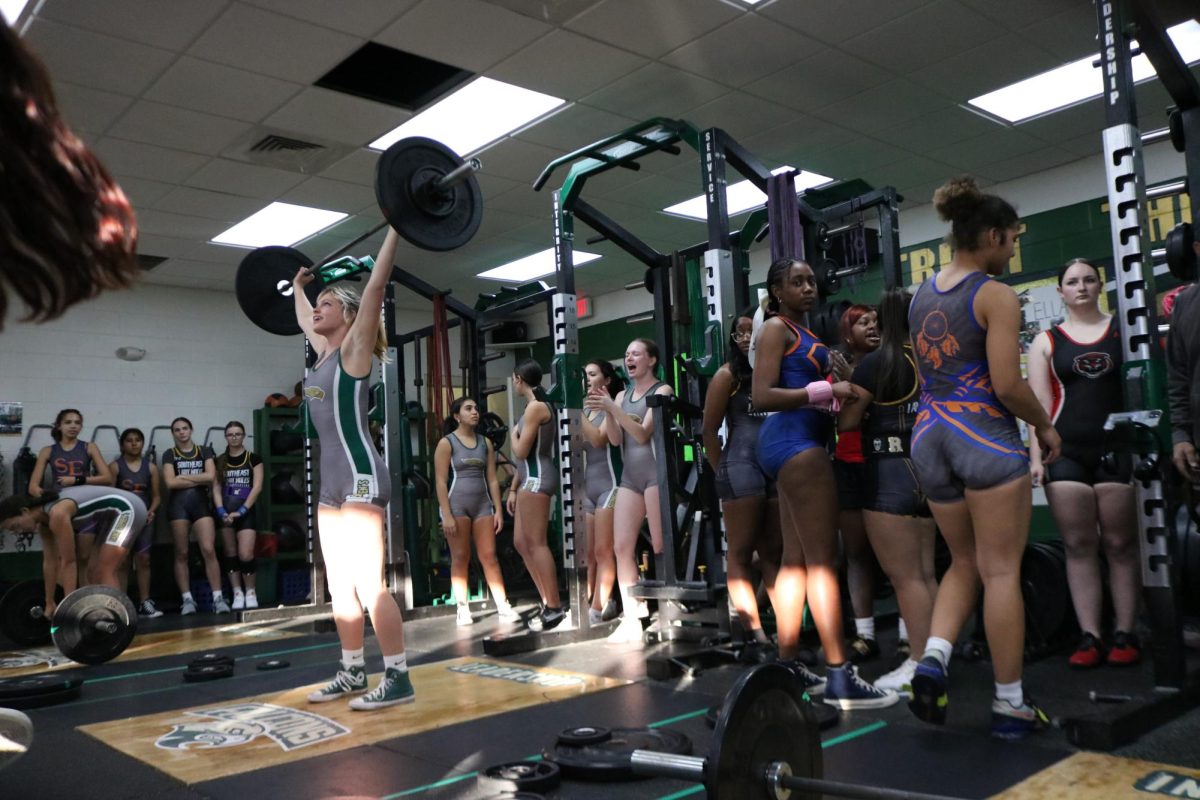In May of 2024, Forbes released its annual list of the top ten public and private “New Ivies”– schools that excel in preparing their students for graduation and entering the workforce. As a born-and-raised Floridan, I’m proud that the University of Florida has been recognized as one of these hallowed institutions.
But the newly bestowed title surprises many. Many born-and-raised Floridian students grew up thinking UF was attainable and didn’t necessarily carry the label of “prestige.”
Amari Clark, a senior and the daughter of a UF alumni, shared her perspective on the shift.
“UF has always been a great school, but growing up, it wasn’t one of my top choices,” Clark explained.
For Clark, UF seemed within reach, but as she grew older, the university’s admissions criteria grew significantly harder.
Almost a decade ago, UF’s admissions criteria were far more accessible for Florida students. For instance, in 2010, the average SAT score for an admitted Gator was approximately 1280.
Fast forward to 2024 and that number has risen to 1400. This brings up the question of whether kids have gotten smarter all around, or if UF has just significantly become more exclusive because of increased applicants.
When one looks at the data, it appears the second option is the most plausible. In 2010, UF’s acceptance rate was approximately 45%. However, by 2024, the acceptance rate dropped to around 28%. This decline in acceptance rate contributes to their reputation as a ‘new Ivy,’ and the school’s increased academic rigor, competitive admissions, and growing reputation does too. Additionally, UF has seen a rise in out-of-state applicants, which has contributed to the decrease in the acceptance rate.
As UF becomes more selective, concerns have risen about the potential disadvantages for Florida residents. The school’s success has led to a decrease in the number of in-state students admitted, raising questions about fairness and whether local students are being given a fair chance to attend their state’s flagship institution.
Many argue that the idea of a state university is to provide accessible and cheaper education to its residents, but as UF chases national prestige, it seems to be losing sight of that mission.
According to senior Christina Collazo, “The increased competition is making it much harder for local students to attend a university that was supposed to be founded for their benefit.”

















































